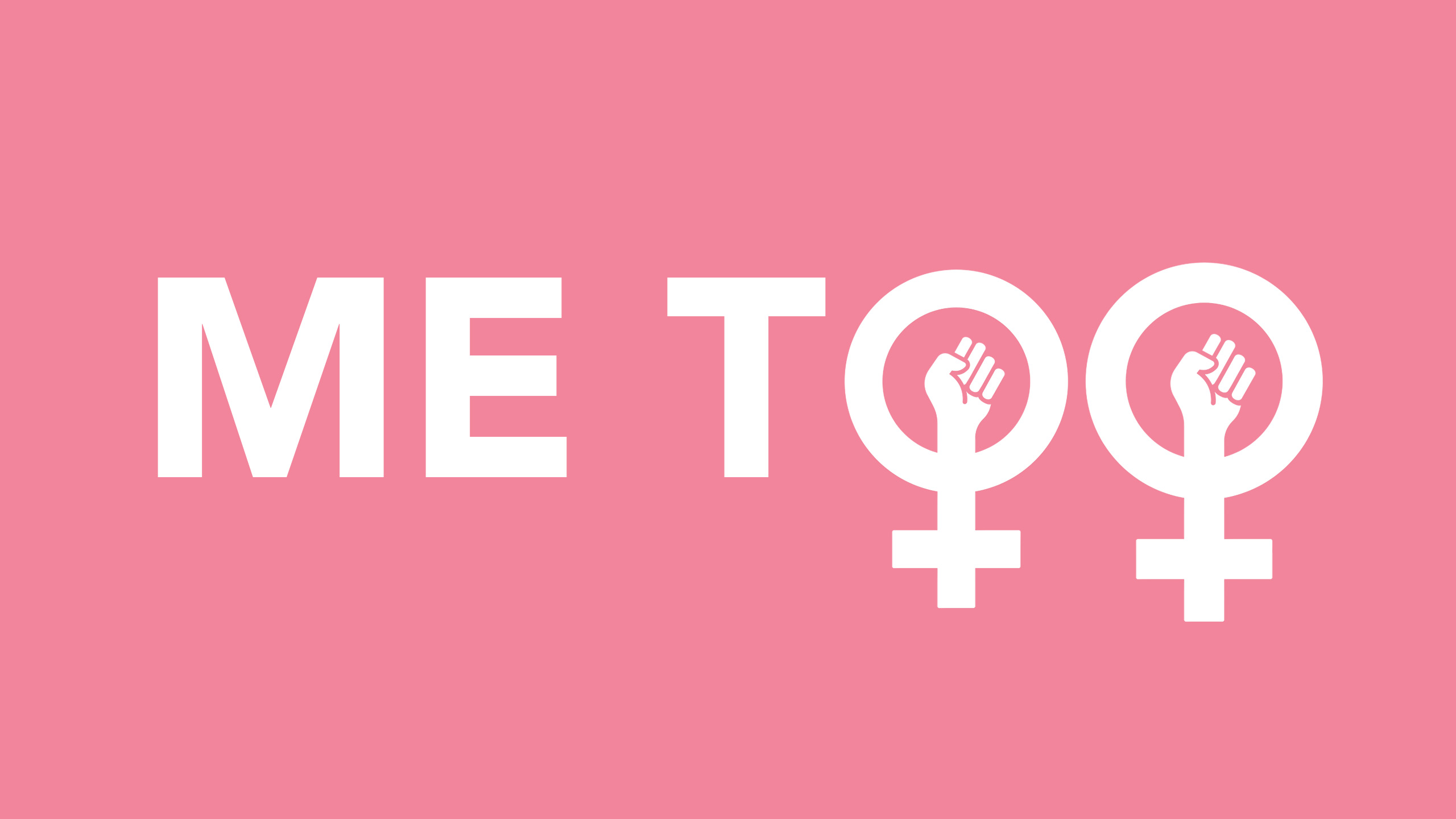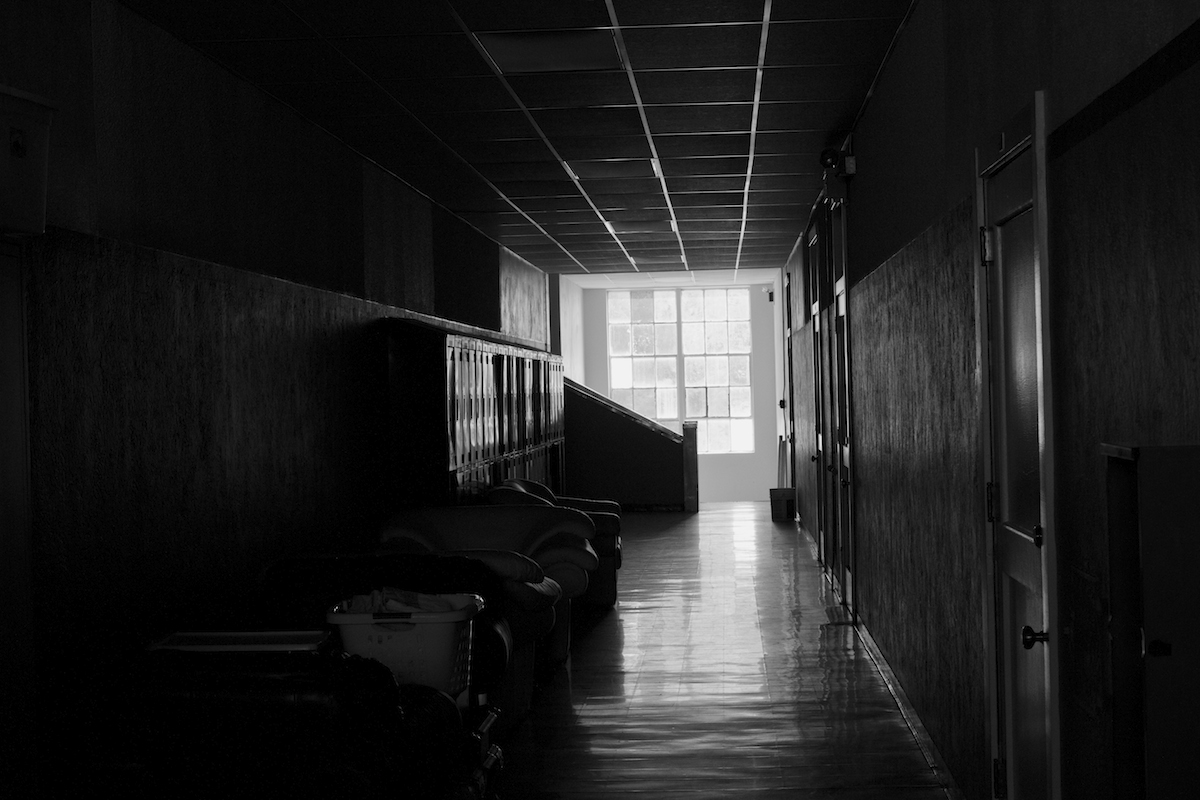By Aimilia-Meropi Konialidis, Y11
The Extended Essay (EE) is a 4000-word paper, compulsory for all students doing the full International Baccalaureate (IB) programme. The EE is an independent research paper, in which students select one of the six subjects they are doing in the IB (or two if the student decides to write it in world studies), usually a higher level subject, and investigate this particular subject area. Not only do students have to write a 4000 word essay, but to successfully complete the EE students must also have three reflection sessions, the final one being an interview: the viva voce.
Students will usually begin the EE at the start of year 12 and will need to have the final copy submitted in the spring of year 13 (this year excluded). The EE is then graded by external assessors appointed by the IB and students are given a grade from 0-34 which correlates to a grade from A-E. Many students view the EE as an added weight on top of the Theory of Knowledge, CAS, and their chosen IB subjects, while schools view it as a way to develop critical thinking and facilitate the change from school to university.
For students who already have a lot going on academically during their IB years, the burden of the EE seems unnecessary. The added stress and anxiety, not only from writing the actual essay but also preparing for the viva voce and reflection sessions, is certainly avoidable. The endless researching, writing and rewriting that students are going to have to face in university does not need to be started as early as 16 years old (15 for the younger students) with the EE.
However, schools and teachers see the EE as an opportunity for students to become accustomed to researching, analysing, and data processing. The EE teaches students how to think critically, combine information, and communicate ideas efficiently. The viva voce can help students to reflect on their work and develop their argument further.
If the subject is one that students are truly passionate about and interested in, then the EE is useful. It allows students to explore this area further and can even give them a taste of what is to come during their undergraduate degree. If, however, the student feels that the subject is not one that they would like to research or that the EE is simply too much of a burden on top of everything else during those final years, perhaps it is not useful and might even be detrimental to the student.



